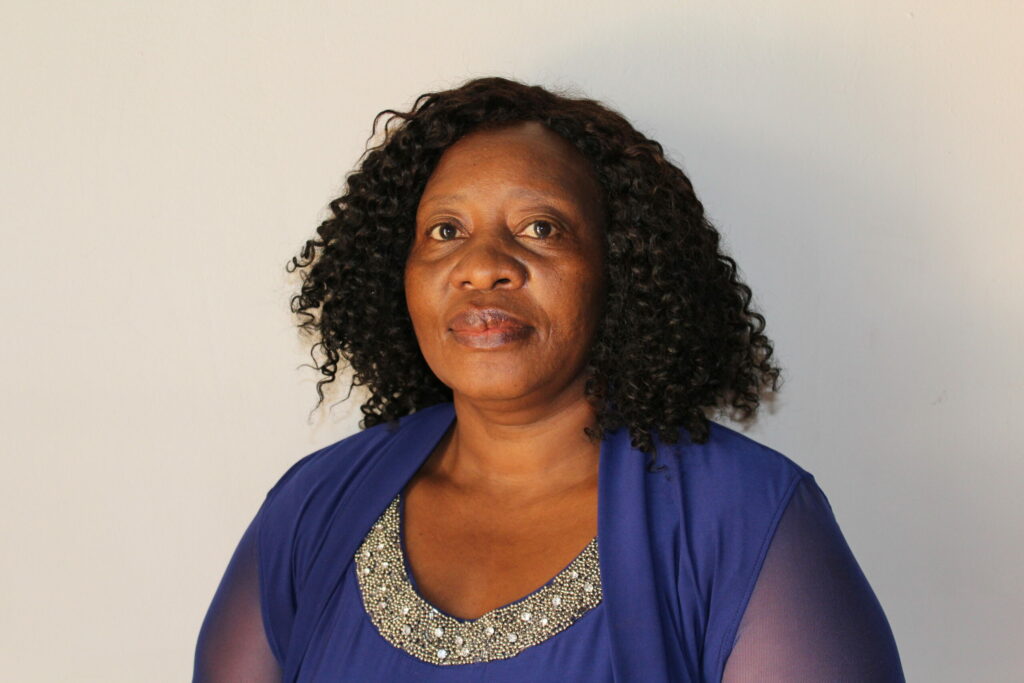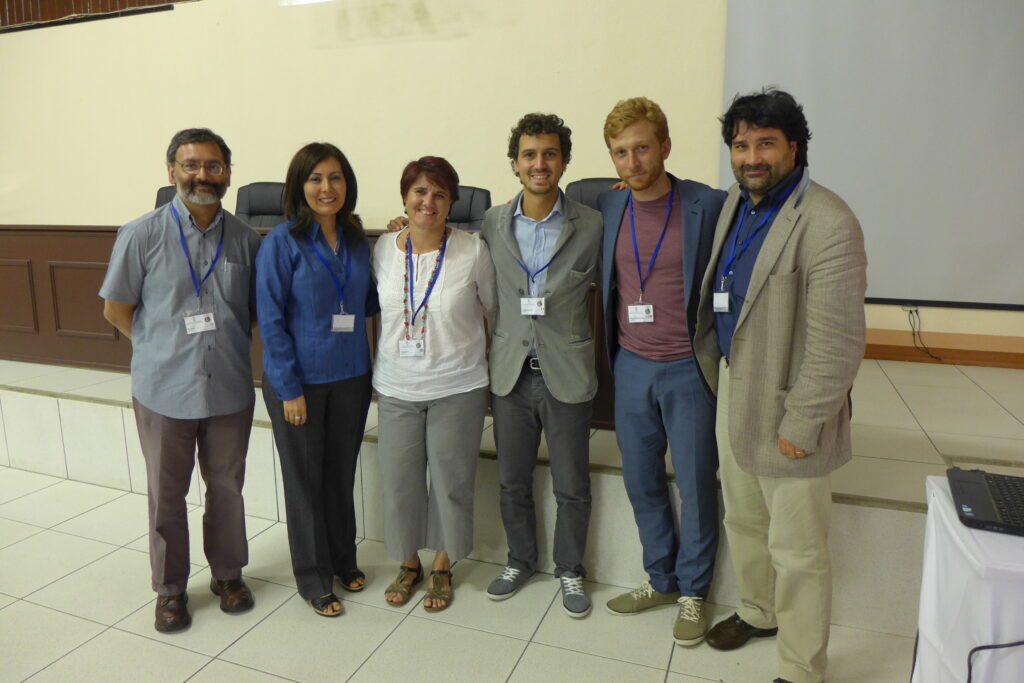Our members have different reasons for their membership, and experience the HDCA in different ways. On this page we intend to publish some personal member stories.

“I have recently joined HDCA, however, I have used the CA framework in my Master's and PhD studies. I draw insights from the framework as I continue to advance scholarship in gender and social justice in education in general and higher education in particular…I look forward to meeting and interacting with great scholars in the field who have contributed to my scholarship journey and shaped my world view on matters related to social justice, human development and development of capabilities.” Beatrice M’mboga Akala’s 2019 article on HDCA subjects is entitled “Intersecting human development, social justice and gender equity: A capability option.”

"Being a member of the HDCA provides me an international palette of pedagogical ideas that I bring to the work I do. Most importantly, it features the global south… I use the Capability Approach as a pedagogical framework in my work as an instructor and in my work in our Student Success and Leadership Centre. I run a program for research assistants where they complete six paid contracts over three years. Framing their work using the Capability Approach gives research assistants a voice as epistemic contributors, provides a framework for reparation in education…and provides immediate multidimensional opportunities…” Tim Brunet’s most recent work is on the “Discover Sustainable Futures Project” at the University of Windsor.

“I am a member of HDCA because it has been a fundamental network for me to build professional expertise and relationships. I did my first conference presentation in the 2004 HDCA conference in Pavia. Since then, HDCA has provided opportunities for me to get feedback on my work and to be stimulated and inspired by the work of HDCA colleagues…to connect with others and build shared agendas, advancing and promoting areas of work collectively…[HDCA] initiatives have helped me to create a sense of purpose in my academic work. Most importantly, been a member of HDCA has meant making long term friendships, with people that I share and nurture relationships of care and support.” Alexandre Apsan Frediani’s 2021 publication is Cities for Human Development: A Capability Approach to City-Making published by Practical Action Publishing.

“The influence of Amartya Sen's capabilities approach on my work, along with its foundational impact on Fundación Paraguaya’s principles, is a primary motivator for my membership in the Human Development and Capability Association (HDCA). This approach, which emphasizes the expansion of individual freedoms and the ability to lead valued lives, has profoundly shaped our organizational mission and the development of innovative methodologies, such as the Poverty Stoplight. Designed to empower families to assess and address the multidimensional aspects of their poverty, this tool embodies the capabilities approach by prioritizing individual agency and the diversity of well-being aspects.” Martin Burt’s most recent publication “Supporting municipalities in implementing participatory development initiatives: lessons learned from a decade of Poverty Stoplight implementations.”

